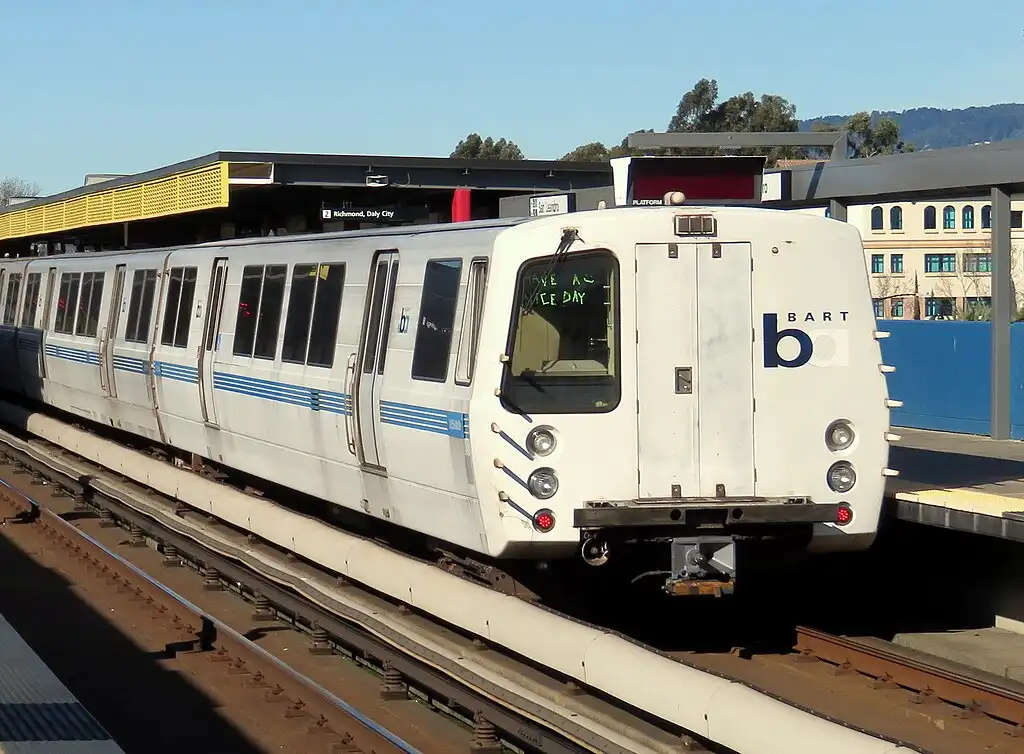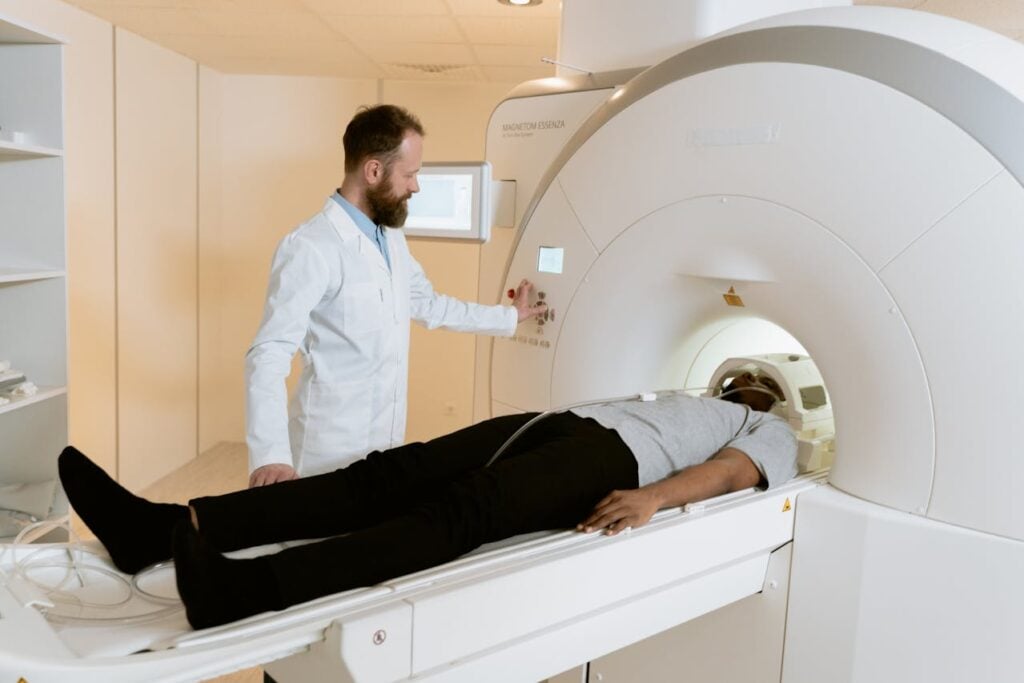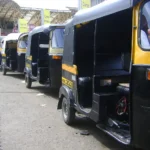A major computer networking problem brought the entire BART system to a standstill early Friday morning, stranding thousands of commuters across the Bay Area. The shutdown, which began shortly after 5 a.m. on May 9, 2025, left approximately 175,000 daily riders scrambling for alternative transportation.
BART officials identified a “computer networking problem” as the cause of the system-wide outage, which affected all 50 stations. The technical issue appears similar to a March 2019 incident when a single faulty network switch caused a nearly five-hour shutdown.
“We hope to restore by 8 a.m., but can’t guarantee,” said Alicia Trost , BART’s CCO. Meanwhile, BART spokesperson Chris Filippi called the outage “an anomaly,” apologized to riders, and asked commuters to plan alternatives.
The shutdown created significant ripple effects throughout the region’s transportation network. Bay Bridge traffic slowed to a crawl, with drivers facing 50-minute delays from Oakland to San Francisco. A disabled vehicle on the bridge worsened the backups.
Many commuters found themselves paying premium prices for rideshare services—riders reported Lyft fares as high as $70 for trips they would normally make on BART for a fraction of the cost. “It’s frustrating…we’re disappointing a lot of folks,” Filippi acknowledged.
Similar Posts
Other transit agencies stepped in to help. Both Muni and AC Transit honored BART tickets, while San Francisco Bay Ferry deployed larger vessels on routes from Vallejo, Alameda, and Richmond to handle the surge in passengers.
The timing couldn’t be worse for BART, which has been seeing positive ridership trends in recent months. March 2025 data showed average weekday entries at 174,538—up 1.6% from February and 7.4% compared to the previous year.
Transportation experts suggest that BART needs better backup systems to prevent such widespread failures. Recommendations include dual-homed core switches with automatic fail-over capabilities and segregated networks for train control and public Wi-Fi.
The Metropolitan Transportation Commission is currently considering a half-cent sales tax measure that would help fund BART and other transit agencies, potentially supporting infrastructure upgrades.
The 2019 incident, which was caused by a single network switch recirculating data packets at an overwhelming rate, prompted a review of BART’s systems. However, Friday’s shutdown suggests that additional work is needed to eliminate single points of failure in the network.
As Bay Area residents continue to rely heavily on BART for daily commutes, the need for robust and reliable transit infrastructure becomes increasingly clear. When trains stop running, the effects quickly cascade through the entire regional transportation system, affecting highways, local roads, and alternative transit options.


















